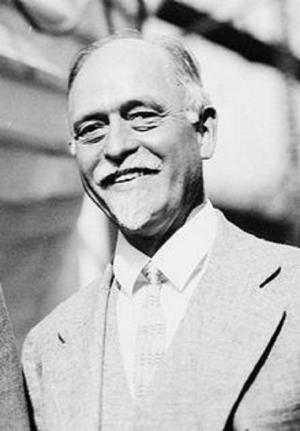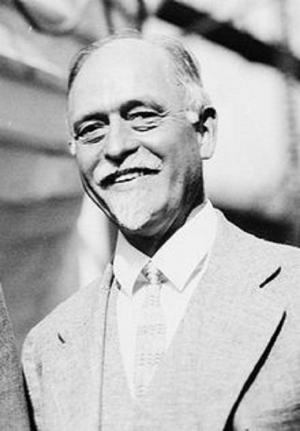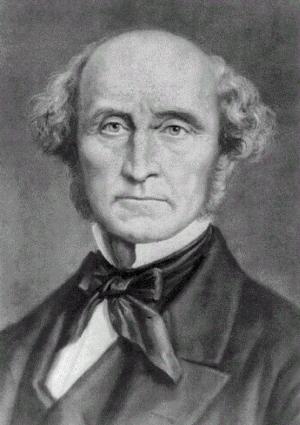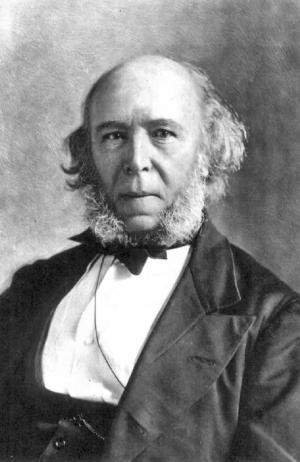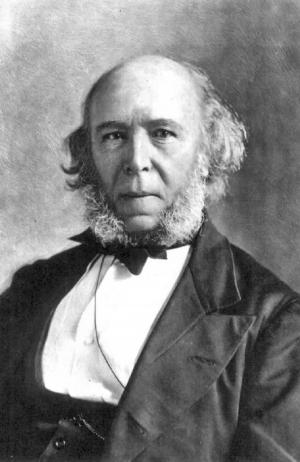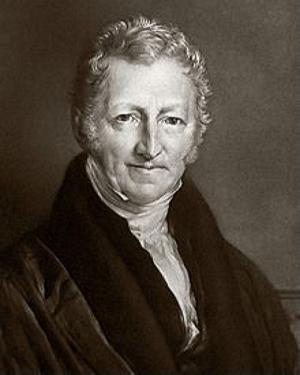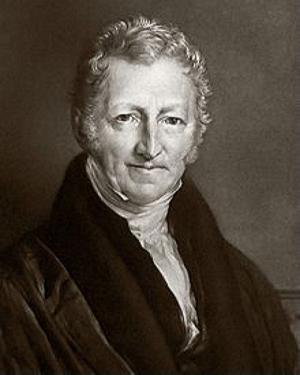The Condition of Labour (Illustrated)
Business & Finance, Economics, Macroeconomics, Theory of Economics| Author: | Henry George | ISBN: | 1230000264593 |
| Publisher: | AS Team | Publication: | August 30, 2014 |
| Imprint: | Language: | English |
| Author: | Henry George |
| ISBN: | 1230000264593 |
| Publisher: | AS Team |
| Publication: | August 30, 2014 |
| Imprint: | |
| Language: | English |
The book has an active table of contents for readers to easy access to each chapter.
Henry George’s analysis and remedy are directly from classical economic theory seeded by Adam Smith, David Ricardo, and John Stuart Mill. The giants had already decried the evils of concentrated land ownership, which they called “land monopoly”. George carried classical economics to its logical conclusion, and popularized that conclusion with stunning effect.
Albert Einstein designated George a "beautiful combination of intellectual keenness, artistic forum, and fervent love of justice". As one of the great American economists, Henry George’s economic thoughts are still relevant to American economic life, especially in building and evolving American economic foundation to knowledge based industries.
Henry George's classic argument for land reform produced an army of critics including Alfred Marshall, John Bates Clark, and F. A. Walker. In the book The Condition of Laour, Henry George further details his land theory and philosophy about land. The single tax, George says in The Condition of Labour, is not some clever human contrivance. It is an adjustment to bring the use of land within the natural order. It simply removes an obstruction to the natural order that constitutes private property in land.
Henry George presented his view abut land and labour as the follows:
“For every social wrong there must be a remedy. But the remedy can be nothing less than the abolition of the wrong.” and “Thus, to us, all that is needed to remedy the evils of our time is to do justice and give freedom”.
This is a book for readers who are interested in the economic topic of the relationships between freedom and property tax.
The book has an active table of contents for readers to easy access to each chapter.
Henry George’s analysis and remedy are directly from classical economic theory seeded by Adam Smith, David Ricardo, and John Stuart Mill. The giants had already decried the evils of concentrated land ownership, which they called “land monopoly”. George carried classical economics to its logical conclusion, and popularized that conclusion with stunning effect.
Albert Einstein designated George a "beautiful combination of intellectual keenness, artistic forum, and fervent love of justice". As one of the great American economists, Henry George’s economic thoughts are still relevant to American economic life, especially in building and evolving American economic foundation to knowledge based industries.
Henry George's classic argument for land reform produced an army of critics including Alfred Marshall, John Bates Clark, and F. A. Walker. In the book The Condition of Laour, Henry George further details his land theory and philosophy about land. The single tax, George says in The Condition of Labour, is not some clever human contrivance. It is an adjustment to bring the use of land within the natural order. It simply removes an obstruction to the natural order that constitutes private property in land.
Henry George presented his view abut land and labour as the follows:
“For every social wrong there must be a remedy. But the remedy can be nothing less than the abolition of the wrong.” and “Thus, to us, all that is needed to remedy the evils of our time is to do justice and give freedom”.
This is a book for readers who are interested in the economic topic of the relationships between freedom and property tax.


